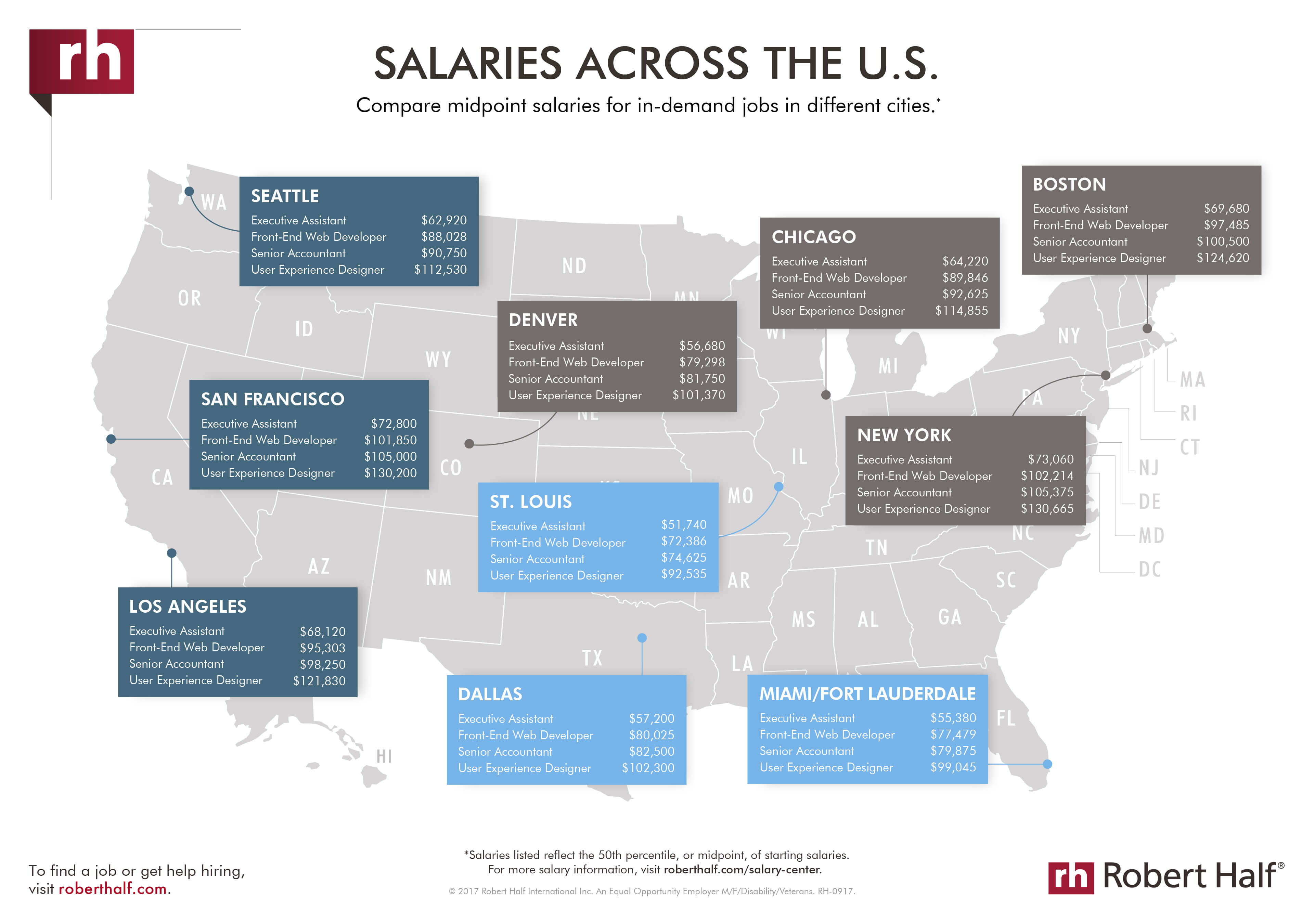We could all use more money, and one of the best ways to get more money is to ask for a raise. But it’s a little more complicated than marching into the boss’s office and demanding one.
This summarizes almost exactly my last asking for a raise experience…

Asking for a raise is a strategic decision, and can be deployed in many different ways. You just need to pick the right one!
Today we’ll show you how the best way to ask for a raise without getting yelled out of your boss’ office.
How to ask for a raise: Lay the groundwork.
Before you can actually approach your boss, it’s important that you understand the specifics of your situation so that you can best determine how to ask for a raise. You aren’t just going to waltz into Mr. Beam’s office and demand a raise. The Beamer don’t play like that.
Think about the size of the company, the average employee tenure, the typical pay raise schedule, the benefits available to you and any other details that might impact your compensation.
Take some notes and do some interwebs research. What are comparable jobs at other companies making? Take these professions for instance:

Source: Robert Half
Once you have a better idea of a fair compensation rate for your position and duties, you can start thinking about how to ask for a raise.
You should also consider any assurances that your boss made about incremental raises or quarterly reviews of your compensation. If you already have a compensation review coming up in the next month, you do not need to schedule a separate meeting. You simply need to be prepared to support your case.
Prior to meeting with your boss, take a moment to look at things from his or her perspective. While business owners and managers usually want to offer fair compensation to their employees, they must also prioritize the bottom line.
With this in mind, they are not likely to go out of their way to offer you a raise, even if they are willing to raise your compensation upon request. Persistence is key here, and you should be prepared to hear a “no” or two before you finally get a yes.
Be persistent when asking for a raise.
Ask three times. It’s hard to muster up the courage to ask for a raise once, never mind three times. A boss knows this and may dismiss your first attempt hoping that will be the end of it.
By asking more than once, it shows the company that a raise is an expectation that needs to be met. It also serves as a reminder. Everyone is busy; everyone has distractions. If you ask once and forget it, your boss may too.
At least, this gives your boss the time to think about what you’re asking them.
Don’t just walk in and ask. You have to be prepared to argue your case. This is almost like another job interview. You need to sell yourself again. Know your value within your team and the company.
This is our guide to budgeting simply and effectively. We walk you through exactly how to use Mint, what your budget should be, and how to monitor your spending automatically.
A raise is all about timing.
When asking for a raise, timing is key. If you know that the company is experiencing some turbulence, it might be a good idea to hold off for a while. On the other hand, if all is well and you’ve recently accomplished something big, like securing a major account or implementing a successful new policy, you should ride that momentum.
Having the accomplishment to point to gives you all kinds of leverage during a salary negotiation and demonstrates to your boss that you deserve a higher rate of pay.
Be sure to discuss concrete ways in which you have been an asset to the company—and how you will continue to be an asset. The key is always to keep things positive.
Don’t approach a raise negotiation with an ultimatum, as it’s likely to only make your boss feel threatened and probably will not result in a good discussion. You want to demonstrate that you are committed to your position and the company. You don’t want to give the impression that you are willing to leave the company at the drop of a hat if someone else makes a better offer.
Rehearse your pitch over and over. (and over)
It might seem unnecessary, but it may be worth rehearsing what you have to say to your boss. It’s easy to feel intimidated or distracted at the moment, so having something concrete to go back to can be incredibly helpful.
Visualization is also a helpful strategy, according to Joyel Crawford:
Visualize the conversation. Imagine yourself sharing results-based information. Envision yourself talking to your boss about your ability to proactively problem-solve, explaining the value you’ve added to the business (increased revenue/sales/headcount, driven efficiencies, dollars saved, process improvements, etc.). Draft a proposal, and use it as your script. Practice makes perfect—and doing it will prepare you for the real thing.
Print out an outline of some talking points and ask for help from a friend or partner to practice what you want to say. Or do what I do every morning…
If you feel so inclined, go through a few possible scenarios with your friend. Ask him or her to challenge you with the types of questions your boss might ask during your discussion. This role playing is an excellent way to ensure you are as prepared as possible for your salary negotiation.
Know your numbers
Have a number in mind, but don’t toss it out. Do some research to determine what others in your industry and your geographic area are making. Really take the time to consider your current rate of compensation, as well as the current scope of your work.
Do not hesitate to do a little research so that you can make an informed case for a raise. You don’t want to bombard your boss with various numbers and statistics, but it’s a good idea to have them in your back pocket, just in case.
Someone working in New York City can expect to make more than someone doing the same job in Nashville. There are websites dedicated to helping you with this. Check out glassdoor.com or payscale.com.
Ask around about compensation.
Discuss salary with your co-workers. It is not legal to fire employees for discussing salary. Many employers use the taboo of talking about salary to underpay everyone. Still, being subtle when you ask your colleagues about compensation is a good idea.
Gather the information you need from colleagues who you know and trust, and avoid complaining about your compensation in the workplace. Spreading negativity about your compensation among your coworkers isn’t going to do you any favors when it comes time to ask for a raise.
We’re asking for a raise here, not starting a revolution.
Its not just salary
Is there the possibility of negotiating better benefits, such ask 401k contributions? Can you employer contribute more, or are there better stock options available for someone who is providing mad value to the company?
Be prepared to counteroffer some alternative benefits or compensation levels if your first attempt does not pan out. You shouldn’t sell yourself short by coming out of the gate with a bare-bones request, but you should also be flexible.
Good negotiation is not about insisting on a rigid outcome. Rather, it’s about coming together with someone and working to achieve a result that both parties can accept. You cannot expect your employer to be open to really negotiating if you are not.
If your boss values the work you do, he or she will probably want to keep you happy when it comes to your compensation. To that end, don’t think of asking for a raise as a burden on your employer. You are simply asking for what you deserve.
If you have done your due diligence, showing why you deserve more money, asked multiple times and still get no result, you may have to start looking elsewhere. The company doesn’t value you, and you will never have any leverage.
Increasing salary via a new job is generally faster than raising it. And, as a last ditch attempt, you may be able to approach your boss with an offer from another company to entice a raise.
Next time, make sure you ask for a fair salary right out of the gate. It’s much better to start with the level of compensation you want from the outset rather than trying to negotiate with your boss later on, especially when you are relatively new to the position.
If you package it well, sell your value to the company, than it will be a win-win situation. If you have trouble articulating your value, it may be time to start thinking about what more you can do for the company before asking for a raise.
In the end, if done properly asking for a raise should leave everyone happy, including Mr. Beam.

